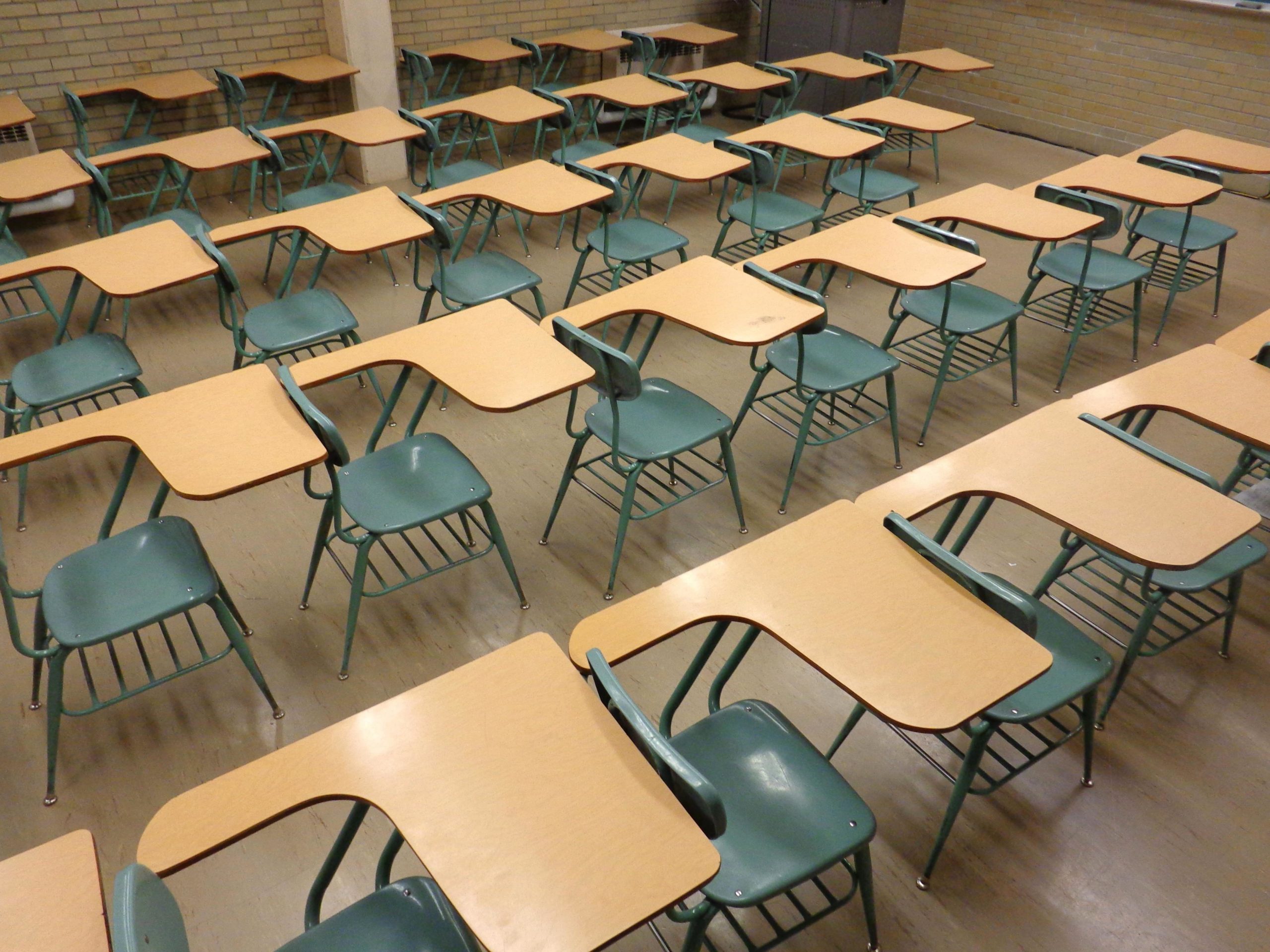The San Francisco Unified School District in California and the Giltner school district in Nebraska held recall elections against a total of four school board members on Feb. 15. Voters in both school districts approved the recalls, removing the board members from office.
In San Francisco, three school board members were on the ballot: Gabriela López, Alison Collins, and Faauuga Moliga. They will be removed from office once the county has certified the election results. That is expected to happen on March 1.
Recall supporters said they were frustrated that schools in the district remained closed for nearly a year in reaction to the COVID-19 pandemic. They also said they were upset that the board had spent time voting to rename 44 buildings in the district rather than focusing on opening schools. “From day one, the campaign was a campaign to get politics out of education,” Siva Raj, one of the recall petitioners and a district parent, said. “What we saw consistently was a pattern where the school board leadership focused on a lot of political stunts and symbolic gestures like trying to rename schools, and doing that ultimately badly.”
At a board meeting on April 6, members unanimously voted to rescind the approval of the renaming process. At the same meeting, they voted to return students to full-time in-person instruction at the start of the 2021-2022 school year. In reaction to the recall effort, Moliga said he stood behind his record. López characterized the recall against her as sexist, ageist, and racist. “We can’t let people scare us,” Collins said. “When I see certain people getting upset, I know I’m doing the right thing. If it’s people that have power and don’t want to share it, there’s people who want to make decisions without being inclusive, of course they are going to get upset.”
San Francisco Mayor London Breed announced her endorsement of the recall on Nov. 9. She will appoint temporary replacements for the recalled board members. The replacements will need to run for election to the board this November if they wish to remain in office. To get the recall on the ballot, supporters had to collect 51,325 signatures per board member by Sept. 7.
In Giltner, one school board member was on the ballot: Chris Waddle. The recall effort was started by Jamie Bendorf, a resident of Giltner, Neb. On the recall petition filing form, Bendorf wrote, "Christopher Waddle doesn’t hold the best interest of the patrons in the Giltner School District." Bendorf also published a statement about the recall effort, saying “what concerns me the most is hearing about families who have left due to administration dismissing concerns, current GPS parents that are looking at other options for schooling out of district, or even worse the fact they are regretting sending their child or children here.”
Waddle submitted the following response to the recall petition: “We have a strong administrative team, the finest teachers and staff, the highest enrollment of students in years and the district is in a good financial position for the future [...] These things happen when you have a school board with the right vision for the future. A recall under these conditions is not in the best interest of our school.”
To get the recall on the ballot, supporters had to submit 119 signatures from school district residents by Oct. 12.
Ballotpedia has tracked 26 school board recall efforts against 67 board members in 2022. Prior to the Feb. 15 recall election, four school districts held recall elections. All seven school board members who were on those recall ballots kept their seats.
In 2021, Ballotpedia covered a total of 351 recall efforts against 537 elected officials. This was the highest number of recall efforts and officials targeted since we started compiling data on recalls in 2012.



